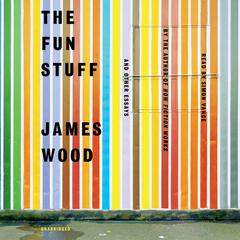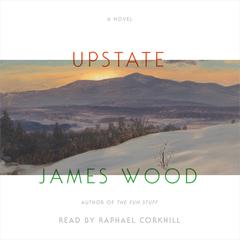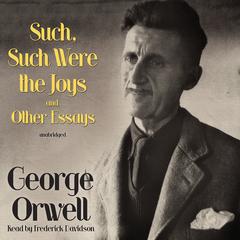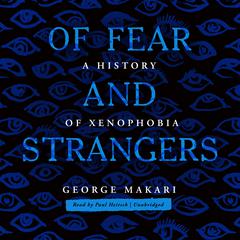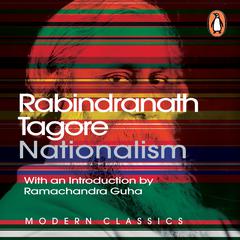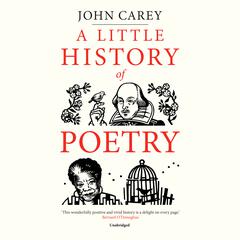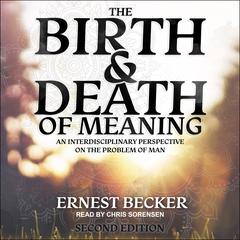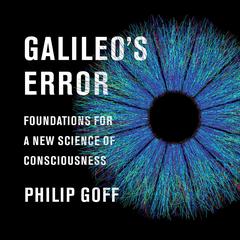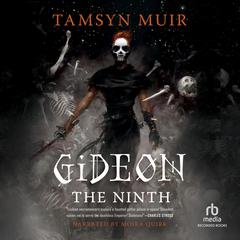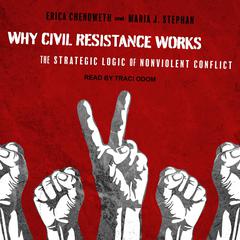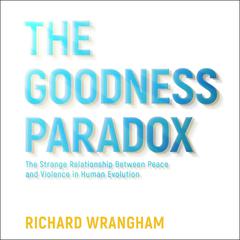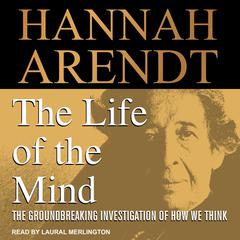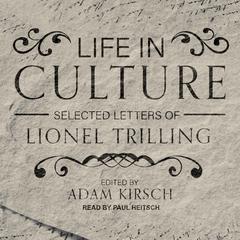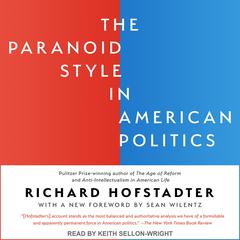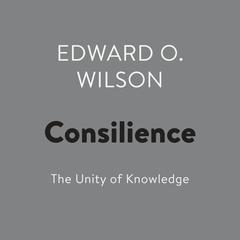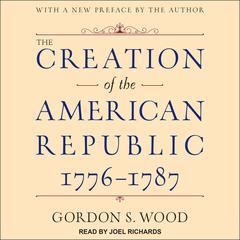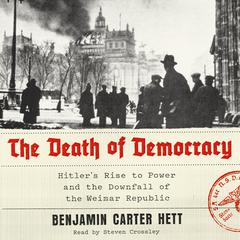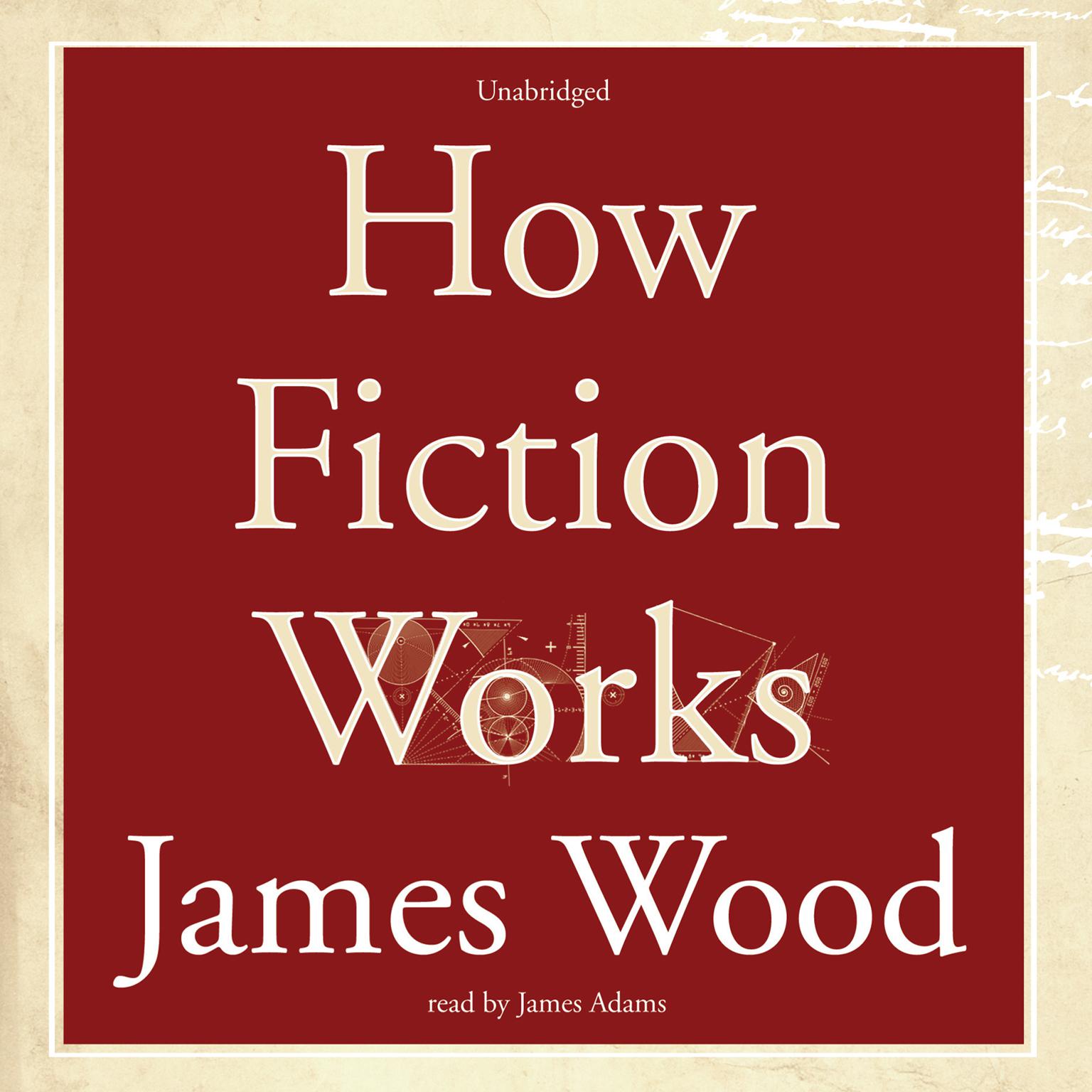 Play Audiobook Sample
Play Audiobook Sample
How Fiction Works Audiobook
 Play Audiobook Sample
Play Audiobook Sample
Quick Stats About this Audiobook
Total Audiobook Chapters:
Longest Chapter Length:
Shortest Chapter Length:
Average Chapter Length:
Audiobooks by this Author:
Publisher Description
What makes a story a story? What is style? What's the connection between realism and real life? These are some of the questions James Wood answers in How Fiction Works, the first book-length essay by the preeminent critic of his generation.
Raging widely from Homer to David Foster Wallace, from What Maisie Knew to Make Way for Ducklings, Woods takes the reader through the basic elements of the art of fiction, step-by-step. He sums up two decades of insight with wit and concision, resulting in nothing less than a philosophy of the novel, which has won critical acclaim nationwide, from the San Francisco Chronicle to the New York Times Book Review.
Download and start listening now!
"There may not be much new in this book, but it is an extremely smart, readable introduction to the art of fiction, something we all need in this era when more and more readers, even in the academy, read only to uncover political or social messages. Moreover, Wood is strongly opinionated, and I find it a pleasure to engage a writer who is not afraid to put his cards on the table (down with Pynchon, up with Muriel Sparks, and down, sort of, with Iris Murdoch). Wood is basically a conservative reader who convinces us, should we need convincing, that Flaubert, Balzac, Tolstoy, James, Austen, Proust, and company deserve their lofty status. Wood writes reviews for the New Yorker and is one of the most influential and controversial reviewers in the United States. After reading this outstanding book and gaining a somewhat better understanding of his literary sensitivities, which I confess to admiring, I will follow his reviews with enhanced interest."
— Stephen (4 out of 5 stars)
Quotes
-
“Deservedly famous for [his] intellectual dazzle, literary acuteness and moral seriousness…Wood writes like a dream.”
— New York Times Book Review -
“The real question he is addressing in this book is not what makes fiction work, but what makes the best fiction work better than the rest. This is a technical book, a primer of sorts, of interest to the practicing writer but probably most useful and illuminating for the serious reader who enjoys the fictive ride and wants to take a look under the hood…All of this is engagingly presented, and…I recommend it highly.”
— Washington Post -
“How Fiction Works should delight and enlighten practicing novelists, would-be novelists, and all passionate readers of fiction.”
— Economist -
“[Wood proves] that superior criticism not only unifies and interprets a literary culture but has the power to imagine it into being.”
— Harper’s Magazine -
“Arguably the preeminent critic of contemporary English letters, [Wood] accomplishes his mission of asking a critic’s questions and offer[ing] a writer’s answers with panache. This book is destined to be marked up, dog-eared, and cherished.”
— Publishers Weekly (starred review) -
“James Wood’s commanding discussion of the inner workings of fiction writing is an informative reference…This insightful and extremely thorough work is akin to a college lecture…[James Adams’] masterful grasp of the content makes for a keen accompaniment to the material.”
— AudioFile
Awards
-
A 2008 San Francisco Chronicle Best Book for Nonfiction
-
A Washington Post Best Book Washington Post Best Book for Nonfiction
-
A 2008 Economist Best Book for Nonfiction
-
A 2008 Library Journal Best Book for Nonfiction
-
A 2008 New York Times Book Review Notable Book
How Fiction Works Listener Reviews
-
" One excellent insight on POV, not much else. "
— Tad, 2/9/2014 -
" Luminous critique of what it is we respond to in literary fiction. There a few points where Wood doesn't fully back up his judgments, and one is tempted to consider them a matter of taste. But the pairing of Henry James's What Maisie Knew with Robert McCloskey's Make Way for Ducklings to illustrate what Wood calls "free indirect style" is priceless. I queued up The Prime of Miss Jean Brodie to read on the strength of Wood's references to it. "
— David, 2/5/2014 -
" Probably the smartest book on fiction writing out there. "
— Demisty, 2/4/2014 -
" Does exactly what any kind of literary theory should do: it makes you want to read. "
— Ruby, 2/4/2014 -
" An interesting study, thoughtful and engaging, but women writers are woefully underrepresented "
— Marcelle, 1/21/2014 -
" An enlightening guide through the ins and outs of fiction. It is a relatively easy read and captures interest throughout. "
— Austin, 1/20/2014 -
" As usual, James Wood is brilliant. "
— Jill, 1/19/2014 -
" clear. concise. informative. entertaining. "
— Craig, 12/26/2013 -
" Perhaps a bit more theoretical than practical, this book does help you think about fiction in new ways and that is its one big goal. "
— Jeff, 12/9/2013 -
" I'm not yet done with this FAB book, but anyone who cares about fiction, writing it, reading it, etc., should give this a go. I like reading about how stuff works...Woods is a critic-genius (I'd hate him to review MY fiction!) and very down to earth. "
— Brenda, 12/8/2013 -
" A solid read from start to finish, but also a good shelf grabber. Pick it up, browse a series of passages on a writing topic and get your head into the work you have to get done. Definitely a handy utility for a working writer. "
— Stefan, 12/7/2013 -
" Pompous and out of date with today's readers and writers. "
— Amy, 6/7/2013 -
" This is an amazing little volume. I'm so happy I found this. "
— Chad, 2/6/2013 -
" Highly recommended if you have ever been curious about how fiction is put together and how it does what it does. I enjoyed it immensely despite not having read a lot of the works he talks about. I'll happily read anything this guy writes. "
— Becca, 8/4/2012 -
" My Go-To book for when I have a writing problem that needs a post-mortem. Something to learn on almost every page. "
— Joan, 6/29/2012 -
" Outstanding in its clarity and thought provoking prose. A must read for any writer. "
— C.G., 4/15/2012 -
" Great fun. Gets one excited about reading fiction and provides a reasonable bibliography for getting back into excellent fiction. "
— Samuel, 11/5/2011 -
" not much new but a quick, enjoyable read that pointed me to some more novels to read "
— Kaylyn, 10/27/2011 -
" The best craft book I've ever read. "
— Lindsey, 10/18/2011 -
" re-reading sections. some great passages. also disagree with about half of what he says. so i dunno. still -- learned about how flaubert changed the way novelists write description, jumbling up and time to create a cumulative sensual image... almost filmic. "
— Jan, 4/10/2011 -
" A meandering account of good and bad writing, but it doesn't really live up to the title by telling you how fiction works. This is more like a what James Wood likes to read compilation. The chapters are shorter than a page of twitter feeds. "
— Joe, 1/13/2011 -
" Wood is a genius. This books inspires you to read everything he's read (which is essentially everything). "
— Katie, 1/12/2011 -
" This book made me change the way I think about what makes a novel excellent. On top of that, it was beautifully written instructive prose--a difficult feat. Highly recommended. "
— Rebecca, 1/9/2011 -
" He thought the cover was good, promising. And he was right. The cover was good. As for the rest: a very enjoyable read that may have more influence on the reader, particularly if he or she is also a writer, than they may wish. "
— Mark, 1/5/2011 -
" Some good ideas but over written. There is no reason the prose cannot be clearer. "
— Kate, 12/23/2010 -
" If only Wood would now synthesize how reader comments (should) work, we'd all benefit. "
— Kris, 12/6/2010
About James Wood
James Wood is a staff writer at the New Yorker and a visiting lecturer in English and American literature at Harvard. Previously he taught literature with Saul Bellow at Boston University and, in 1994, served as a judge for the Booker Prize. He is the author of How Fiction Works, several essay collections, and the novel The Book against God.
About James Adams
James Adams is one of the world’s leading authorities on terrorism and intelligence, and for more than twenty-five years he has specialized in national security. He is also the author of fourteen bestselling books on warfare, with a particular emphasis on covert warfare. A former managing editor of the London Sunday Times and CEO of United Press International, he trained as a journalist in England, where he graduated first in the country. Now living in Southern Oregon, he has narrated numerous audiobooks and earned an AudioFile Earphones Award and two coveted Audie Award for best narration.




